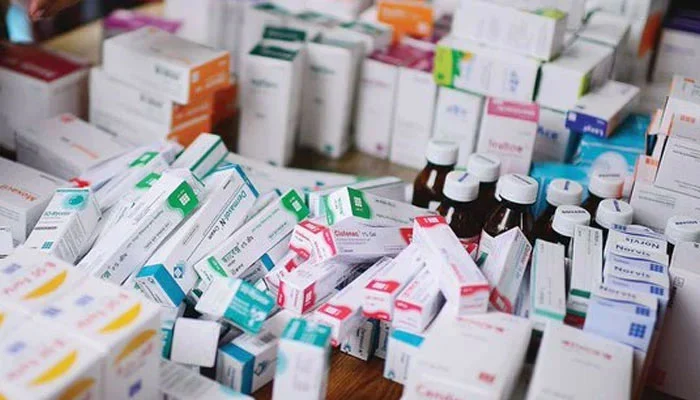Recent reports of multiple child deaths in India linked to contaminated cough syrup have sent a clear warning to Pakistan’s regulatory and healthcare institutions. The tragic scenario should act as a catalyst, because the country too remains vulnerable to the same kind of medicine safety crisis.
Pakistan has had its share of medical controversies outbreaks associated with unsafe syringes, faulty cardiac medicines or counterfeit products. Now the possibility of a cluster of fatalities caused by substandard drugs looms large. The problem is not hypothetical. When active ingredients vary unpredictably, when manufacturers skirt rules, or when oversight is weak, patients become collateral damage.
The first line of defence rests with the nation’s pharmaceutical-regulation mechanism. Institutions such as the Drug Regulatory Authority of Pakistan must be sufficiently resourced, technically competent and pro-active in inspections, approvals and post-market surveillance. Yet there is mounting evidence that regulatory inspections remain irregular, documentation weak, and institutional capacity patchy. The price of inaction is measured not just in financial losses but in lives lost.
The impact extends beyond individual patients to doctors, healthcare providers and the broader pharmaceutical industry. When patients lose trust in medications, doctors face difficult ethical dilemmas and industry reputation suffers. For companies aiming to export, any single product failure threatens entire markets. For Pakistan, which aspires to strengthen its pharmaceutical exports, the stakes could not be higher.
Reform is urgent and must be multilayered. Regular public reporting of inspection outcomes, mandatory batch testing of high-risk medicines, streamlined recall mechanisms and transparent supply-chain audits are essential. Additionally, training, oversight of marketing practices, and robust documentation of generic and imported medicines must be enforced.
For patients the message is clear: safe medicine is not optional. Effective treatment depends on quality, consistency and integrity in the supply chain. The state must ensure that medicines reaching hospitals and homes meet standards that protect life and deliver results.
Pakistan stands on the brink of a moment of truth in medicine regulation. Strengthening institutions, enforcing rules and prioritising patient safety are not simply health-sector tasks they are national imperatives.



Comments (0)
No comments yet. Be the first to comment!
Leave a Comment